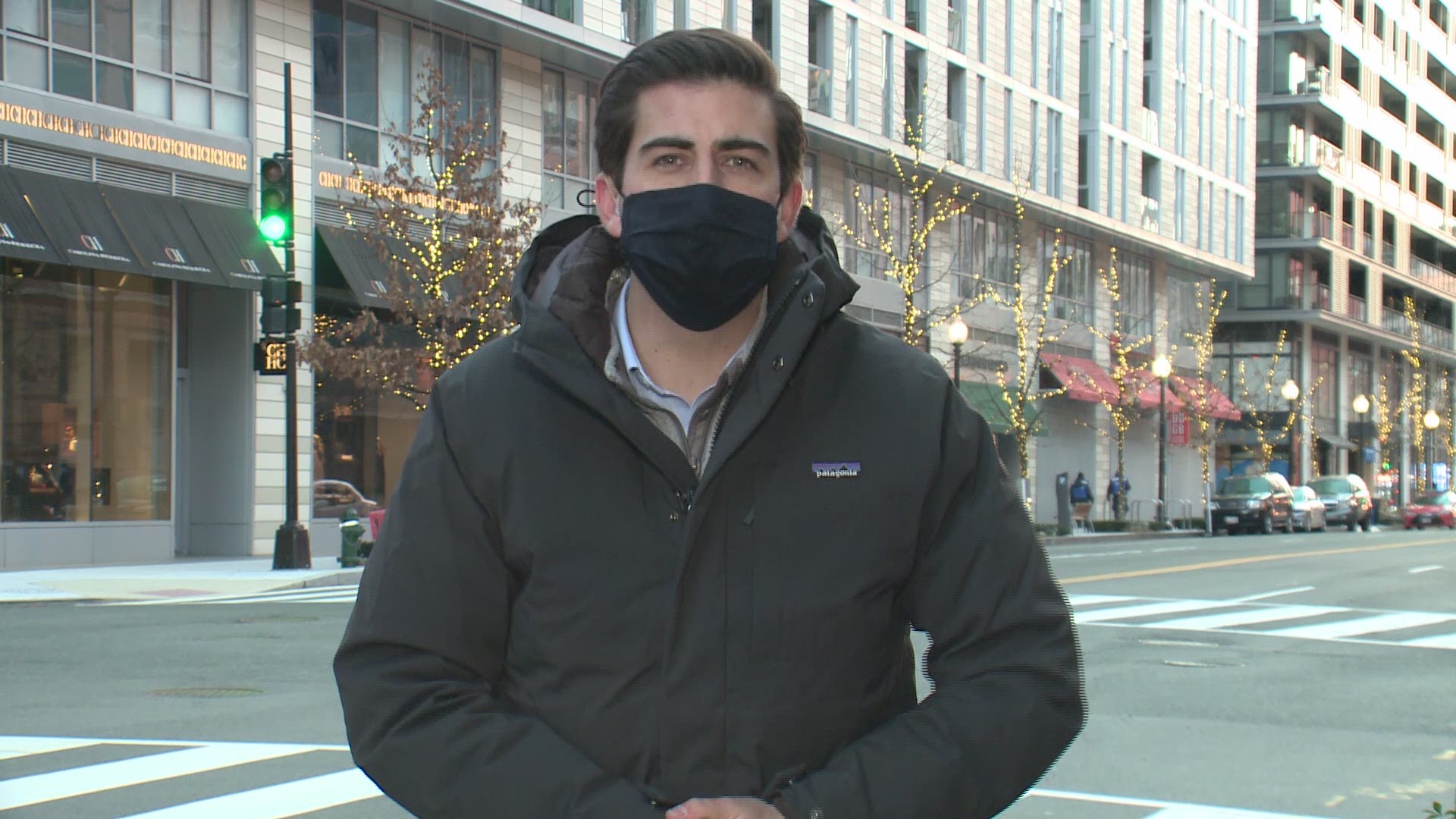WASHINGTON — The lights are up. The trees are decorated. It is beautiful time of year.
But as beautiful as they are, the holidays can also be a time of mental health challenges. This year, the pandemic may be making those challenges even tougher.
"It makes it easier to forge through difficult times when you have a reliable light at the end of the tunnel," said Mayo Clinic clinical psychologist Craig Sawchuk. "Unfortunately, with the pandemic, that light keeps getting pushed further back."
The good news? That light is visible.
Vaccines are now being distributed across the country. But it still may be months until everybody gets one.
And while it is the right thing to do for public health, the challenges of celebrating a socially distanced holiday could be a mental health drag for some, says Sawchuk.
"You may have folks operating at little bit more of a deficit, you know, heading into this time of year because of social distancing and really doing the right things from a public health standpoint, but they may already be in more of an isolation kind of mode," he said.
If you're struggling, how do you fight back?
Experts say committing to a healthy diet and making sure you get enough exercise and sunlight can help most people.
"What really matters the most for the human brain is the light," said Dr. Daniel Lieberman, a psychiatrist at George Washington University. "Our brains are so sensitive to light and so our moods can dip when we have bad weather or even more when the days start to get shorter."
For more serious mental health struggles, Dr. Lieberman says professional intervention may be the best approach.
"If people are finding that they have to push themselves so hard to get through it, that they're just absolutely exhausted and drained at the end of the day, that could be an indication that there's a medical problem going on that could very easily get better with medical treatment," he said.
If you need help, here are some resources that are available 24/7:
DC Department of Behavioral Health: 1-888-793-4357
National Suicide Prevention Lifeline: 1-800-273-8255
You can also contact the National Alliance on Mental Illness (NAMI) at 1-800-950-6264. NAMI is not a crisis line and is only available by phone during regular business hours. This service primarily functions as a guide to connecting you with other mental health resources.

